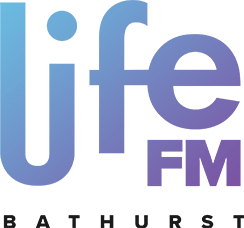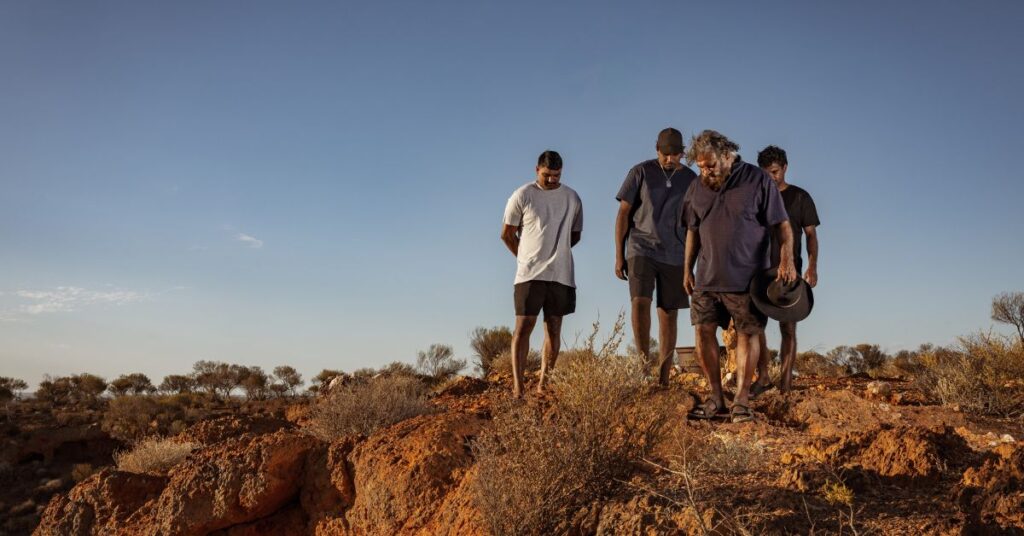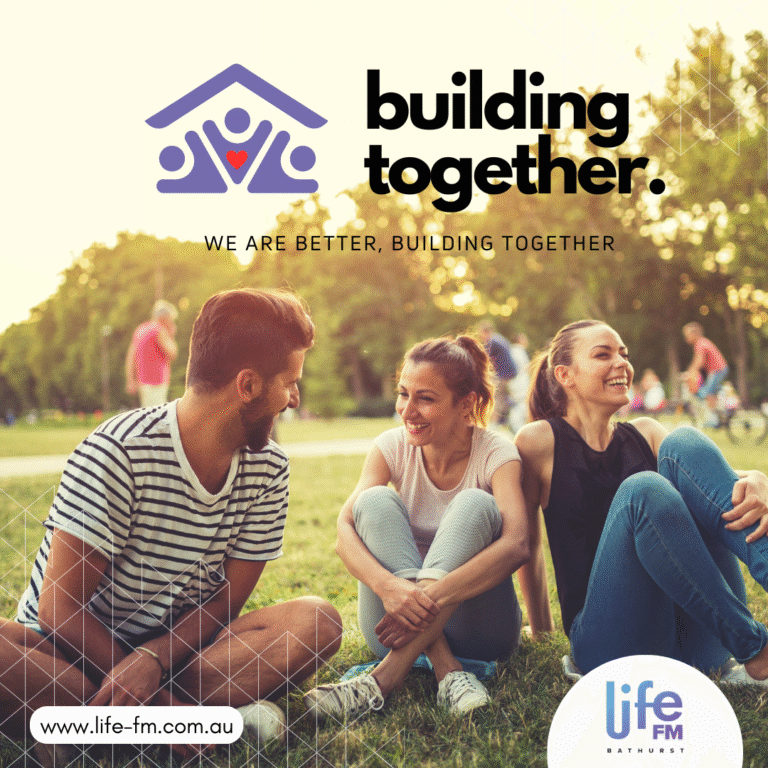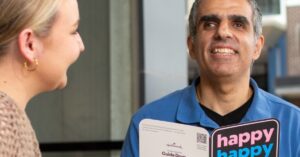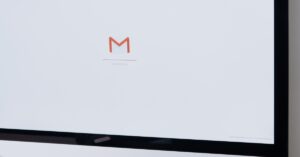By: Helping Hands TV
“Because people don’t have the experience walking alongside us, on Country, or in our daily lives … there are misconceptions and misunderstandings out there” says Rhanee Lester, Adnyamathanha woman and researcher at the University of Adelaide.
In this Helping Hands panel discussion, Rhanee is joined by Brooke Prentis, Wakka Wakka woman and Education and Cultural Consultant, and Uncle David King, Gundungurra man and Indigenous Education Facilitator, and share their personal stories of family and culture, and bring clarity to understanding Aboriginal identity.
“We, as Aboriginal people, are trying to figure out our own identity,” Rhanee shares, when asked if there is a correct term to use when referring to Aboriginal Australians – Aboriginal, Indigenous or First Nations.
Many non-indigenous Australians are keen to respect Aboriginal cultures and practices, and are careful to not offend when referring to Aboriginal peoples, Australia’s recent history, and the sensitives around reconciliation.
Brooke explains, “Those terms; Aboriginal, Torres Strait Islander, Indigenous, First Nations, in one way they’re actually all correct terms and they are being used every day. But for us, as Aboriginal peoples and Torres Strait Islander peoples, each person will have their own preference.”
David says that connecting with an Aboriginal person is key to know which term to use, and to help foster better relationships built on respect and understanding between all Australians.
He gives an example of his mother’s experience, “She said to me once that she wants to be Aboriginal … She struggled with Indigenous because she was brought up under the Flora and Fauna Act (which identified Aboriginal peoples as Indigenous animals of Australia). She reflected that being Aboriginal was being human, so she wanted to be that. So, it is that journey of connecting with your local people, finding out their terminologies … it’s getting to know that person.”
Understanding Aboriginal identity is more than knowing which term to use when referring to an Aboriginal person. It is also about understanding the diverse cultural backgrounds of Aboriginal peoples, their stories, their ancient and recent histories, kinship, and much more.
David, Rhanee and Brooke share stories from their families and communities of the complex, regrettable, and often devastating history the Aboriginal and Torres Strait Islander peoples have experienced, and continue to take steps forward to enable Aboriginal and Torres Strait Islander people to find their own identity, and walk alongside non-indigenous Australians to step towards a positive future.
Article supplied with thanks to Helping Hands TV.
Feature image: Canva
About the Author: Helping Hands is an Australian produced TV program that airs on 9GEM, Channel 9 and 9NOW, and showcas
